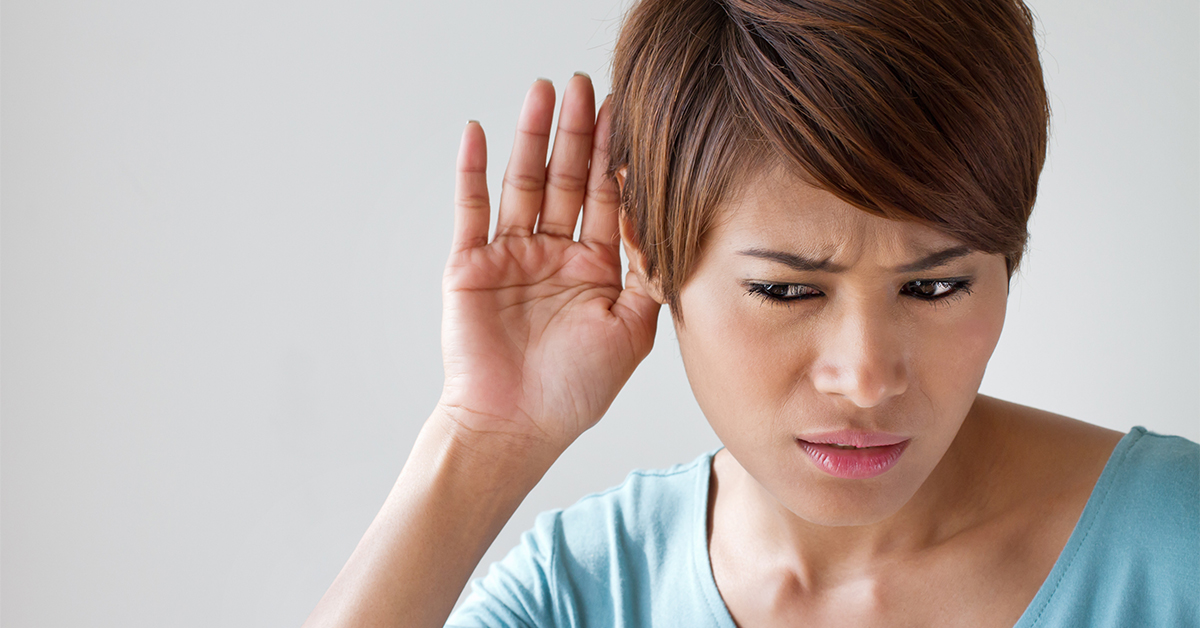
Why Can't I Understand Speech in Noisy Environments?
All too often, people state that they can hear just fine when it's quiet. When they're in a noisy environment, however, they tend to struggle. In some cases, difficulty understanding speech in noisy places is a sign of a condition known as hidden hearing loss.
It can cause embarrassment, frustration, and social isolation. If you have this issue, you may avoid restaurants, concerts, parties, and other noisy environments. Unfortunately, it can take a serious toll on your overall quality of life.
What is Hidden Hearing Loss?
Hidden hearing loss is a type of hearing loss that can't be detected via traditional hearing tests, which uncover issues within the ear. Some of the most common signs of hidden hearing loss include the inability to hear others correctly, a strong preference for quieter environments, and challenges focusing on noise.
Research has found that approximately 1 in 10 patients who had normal audiograms still complained of hearing challenges, meaning they may have hidden hearing loss. If you still believe you have hearing loss, even after you passed hearing tests, you may be living with this condition.
Why Does Hidden Hearing Loss Occur?
When you hear, the hair cells in your inner ear send signals to what's called the auditory nerve. Typical hearing loss occurs when the hair cells or nerve sustain damage. Hidden hearing loss, however, is usually the result of synapses. The signal becomes incomplete and fails to provide you with the information you need to make sense of words.
How is Hidden Hearing Loss Treated?
Currently, there is no treatment for hidden hearing loss. The good news is there is extensive research being performed to uncover viable treatment options. One of these treatments may be a medication to stimulate neurons and create new synapses.
If you are living with hidden hearing loss, a doctor may suggest hearing aids with special speech in noise settings. These hearing aids can pick up the signals in front of you and minimize the sound behind or beside you via directional microphones. Other assistive devices such as mobile apps that caption live conversations or personal FM systems may also be helpful.
In addition, you may want to wear earplugs if you know you'll be surrounded by loud noises that may impair your hearing. If you're dining out, ask for a booth, instead of a table as they tend to be quieter.
